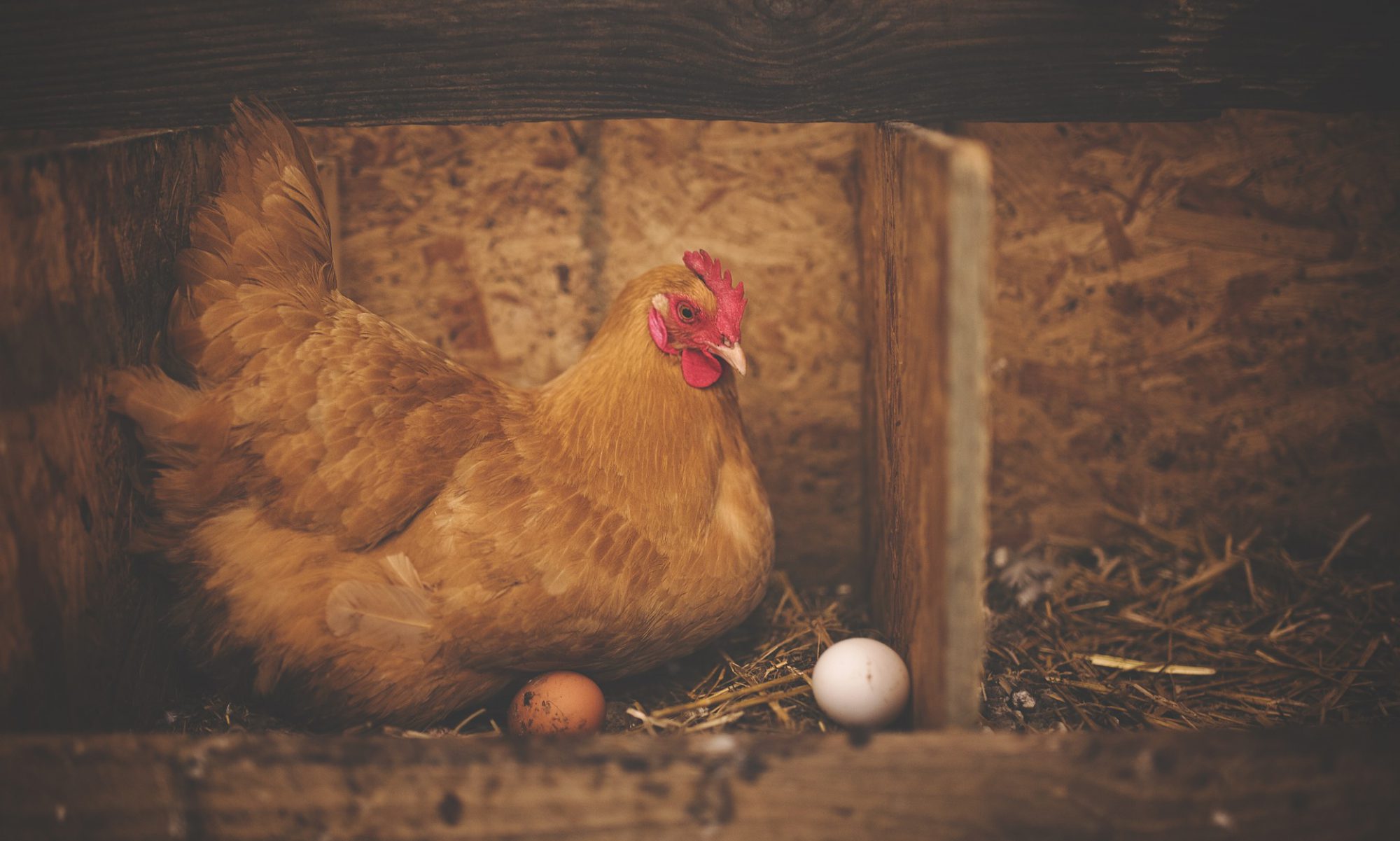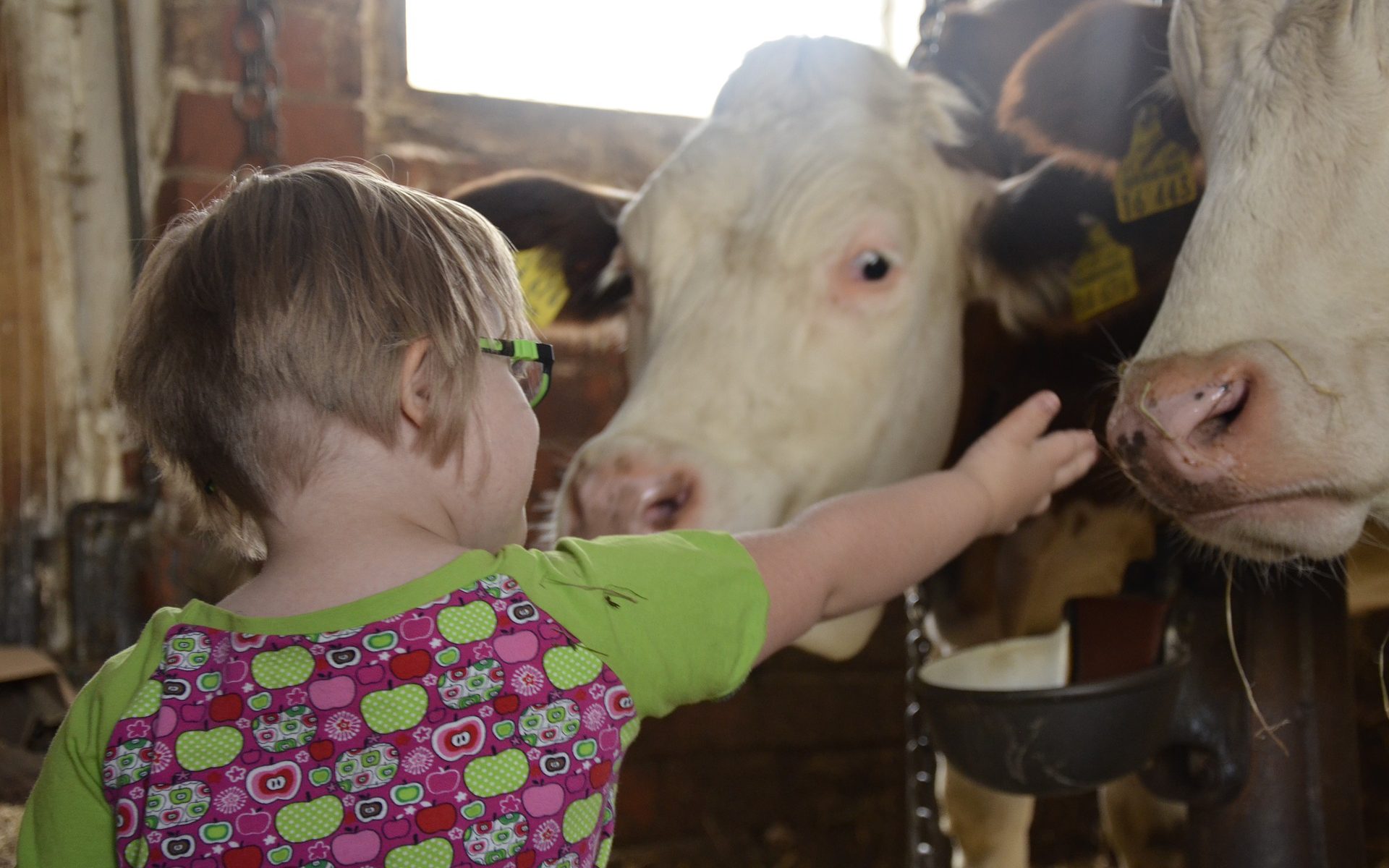Parents always want the best for their children and for them to be able to grow into happy, self-sufficient adults. This goal is made a little more difficult when raising special needs children. Sometimes traditional therapies and home environment modification can only help so much. More research is proving that Animal Assisted Interaction and spending time on farms and ranches are increasingly beneficial to children with special needs.
Animal Assisted Therapies and Activities
Generally, in Animal Assisted Therapies, children can attend therapy sessions led by farm counselors, social workers, occupational and speech therapists, or other credentialed professionals. Animal Assisted Activities are not as structured and are not formally considered therapy sessions. Both can be highly effective and beneficial forms of help for special needs families.
These interactions take place on farms, ranches, or rescue facilities equipped with domesticated animals such as dogs, cats, cows, sheep, rabbits, chickens, or horses. Respect for the animals and the children can foster mutually beneficial relationships between them.
Interacting with animals in their natural environments can encourage a sense of security and trust within children with special needs. It can also push them out of their current comfort zones to be able to start making safe, social interactions with the animals, which can help them do the same with other people.
Learning about and caring for new animals can teach children with special needs empathy and other emotional skills needed to thrive in society. They can learn to be gentle and kind to the new friends they are making and experience that kindness returned to them by an animal. These interactions can benefit children with a multitude of disabilities such as Autism, ADHD, anxiety, and depression.
Tips for Adult Supervision During Animal Visits
It is important to keep the risks of animal interaction in mind during these activities. Adults should learn about the animals they will be visiting and keep tips and safety precautions in mind.
Some specific rules to help children are to approach all animals with a slow, steady pace. Avoid sudden loud noises and speak quietly with a hand outstretched. Stop close enough to allow the animal to sniff or approach you. If the animal remains calm, continue to approach at about shoulder area. To reduce the risk of being bitten, pet an animal with fingers together and hand flat. Do not allow children around animal mothers who are still nursing their young, adult males, or sick animals. These situations can make the animals protective, hostile, and less predictable.
Other Farm Benefits
Special needs children can also benefit from being on a ranch or farm purely from the simple, relaxed relaxed nature of the place. They can roam and get in touch with the sensory-friendly environment. Learning by immersion instead of a classroom or indoor setting can be freeing and less stressful for children with special needs.
Children can learn about plants, fruits, and vegetables, and how they are harvested or cared for during the different seasons. They can even go on to live or work on a farm when they are older thanks to an industry that is nurturing the involvement and work ethic of special needs people. There are currently dozens of farms in the United States that offer specific programs for people with special needs to work and live.
There are many success stories of children with special needs who have gained happiness and a better quality of life by spending time on farms with animals and learning to become productive adults. It is definitely an option worth exploring with your family.


